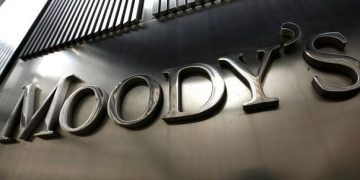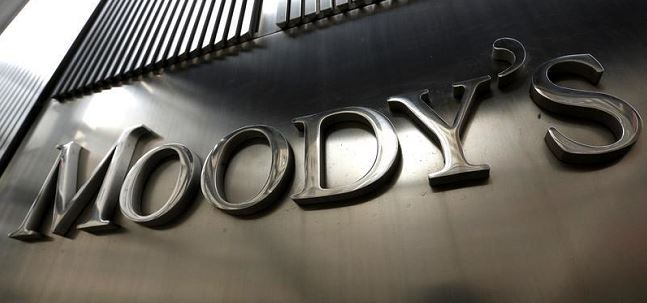By John Ikani
Moody’s Investors Service has downgraded the long-term deposit, issuer, and senior unsecured debt ratings of all nine Nigerian banks rated by the agency to Caa1 from B3.
This follows their recent downward revision of Nigeria’s own rating.
The banks are; Access Bank, Zenith Bank, First Bank of Nigeria, United Bank for Africa, Guaranty Trust Bank, Union Bank of Nigeria, Fidelity Bank, FCMB, and Sterling Bank.
Moody’s cites a combination of factors for the downgrades, including a weakening operating environment in Nigeria and interconnections between the country’s weakened creditworthiness and the banks’ balance sheets.
With the Nigerian sovereign rating also downgraded to Caa1 from B3, the banks will be facing a difficult road ahead.
According to Moody’s, the Nigerian banks have a significant portion of their assets in the country and a large percentage of sovereign debt holdings, making their credit profiles directly linked to the sovereign’s.
The rating agency cites Nigeria’s depressed and uncertain oil production, capital outflows, and limited access to external funding, as contributing to the downgrades.
The banks’ liquidity, capitalization, and asset quality are also at risk due to foreign currency shortages.
Despite the downgrades, Moody’s outlook for the banks is stable, in line with the stable outlook for Nigeria’s government rating.
The rating agency believes that while a new administration could bring reform to the country after the February 25th, 2023 elections, implementation will be slow and funding conditions are expected to remain tight.
The downgrades of the 9 Nigerian banks by Moody’s reflects the difficult economic environment in the country and the challenge facing the financial sector.




































